SUMMARY
This is AI generated summarization, which may have errors. For context, always refer to the full article.
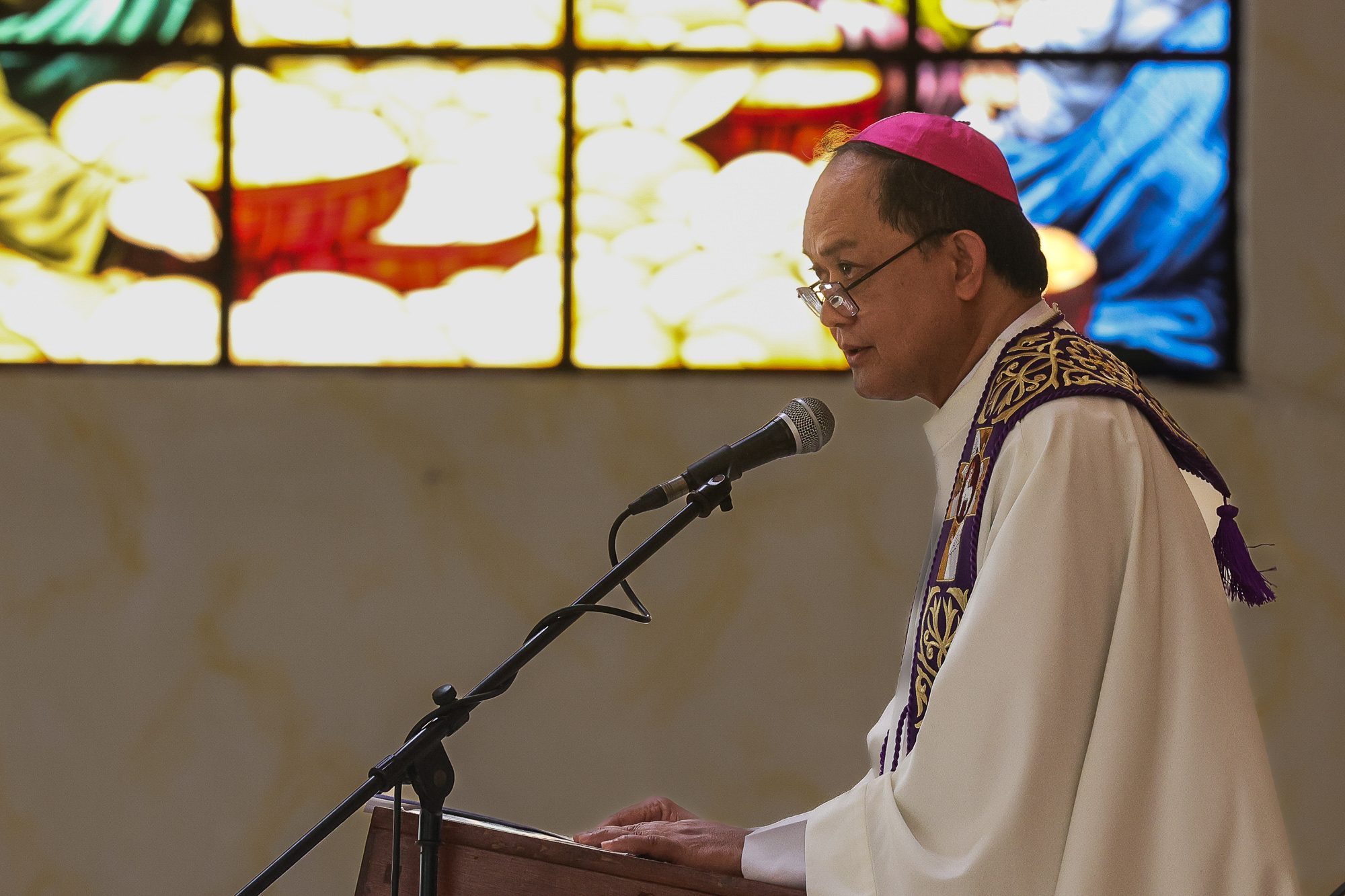
MANILA, Philippines – One of the 31 bodies within the Catholic Bishops’ Conference of the Philippines (CBCP) did not seek clearance from the top leadership to join the government’s anti-insurgency task force, the CBCP president said.
It was the CBCP Commission on Public Affairs, not the CBCP as the coordinating body of 88 active bishops, that joined the National Task Force to End Local Communist Conflict (NTF-ELCAC). Formed during the Duterte presidency, the NTF-ELCAC is a government agency that is notorious for red-tagging and that has drawn condemnation from various sectors, including the Catholic Church.
“I presuppose that in all good faith, they didn’t think it needed clearance from us in the Permanent Council because it was consistent with their mandate to dialogue with government agencies,” David said in a message to Rappler on Friday, September 1.
Undersecretary Ernesto Torres, executive director of the NTF-ELCAC, said on Thursday, August 31, that their executive committee (ExeCom) approved the membership of the CBCP in the anti-insurgency task force.
David explained in a statement published by CBCP News, “It’s not exactly CBCP as a conference but the Commission of Public Affairs that is there as a private sector representative.”
David, who was recently reelected to a second term as CBCP president, said that the commission is engaging the NTF-ELCAC “precisely to address some Church issues vis-a-vis government, including the issue about the red-tagging of some cause-oriented groups and Church organizations by the said body.”
He said the commission’s mandate is “to act as a liaison of the CBCP to the public and private sectors and to advance some of the social concerns and issues of the Church.” The commission wants to provide “moral-ethical approaches to dealing with the problem of insurgency,” said the Kalookan bishop, who is one of the staunchest critics of red-tagging.
“We intend to tackle this matter and come up with a concrete resolution on it in our forthcoming meeting of the CBCP’s permanent council. Can this committee engage the said government body in a dialogue without having to join its ExeCom as member – i.e. as private sector representative? We hope to come up with a decision on this matter soon,” he said.
Inside the CBCP
The 12-member CBCP Permanent Council, led by David, is the main decision-making body of the CBCP when it is not holding its biannual plenary. The council is composed of a president, vice president, treasurer, and nine regional representatives.
The CBCP Commission on Public Affairs is chaired by Bishop Rey Evangelista, who is assisted by his executive secretary Father Jerome Secillano.
Evangelista, 63, is the bishop of Imus, Cavite, having succeeded Cardinal Luis Antonio Tagle who was made Manila archbishop in 2011. In the 2022 presidential elections, Evangelista led a campaign for “good and excellent” candidates. Like many Catholic bishops, he was viewed as sympathetic toward opposition candidate Leni Robredo.
A media favorite, Secillano is a longtime spokesperson on a range of church-related issues. As spokesperson of the CBCP public affairs commission, he is often quoted by journalists as representing the CBCP. His positions, however, sometimes diverge from the stance of bishops in terms of content or tone.
On July 12, for example, Secillano squarely criticized as “blasphemous” the “Ama Namin” (Our Father) performance of drag queen Pura Luka Vega. Four days later, on July 17, David took a different tone, calling on Catholics not to “turn into a lynch mob” against the drag queen, and warning about blasphemy “in many other forms in our daily lives.”
In a message to Rappler, Secillano stressed that membership in the NTF-ELCAC is not for the whole CBCP, but only for the public affairs commission.
“Membership in ELCAC doesn’t mean being coopted by the government. It means having the proper forum and mandate to articulate church concerns and issues affecting the people,” he said.
The party-list group Kabataan, however, criticized the CBCP commission’s membership in the NTF-ELCAC. Citing human rights violations by the NTF-ELCAC, Kabataan said on Friday, “Clearly, the ELCAC and what it stands for goes against the basic teachings of the Catholic faith.”
The CBCP commission’s membership shows that the NTF-ELCAC wants to control the private sector, including the Church, for surveillance, red-tagging, and other attacks against ordinary citizens.
Kabataan said it hopes the CBCP will “openly state its position on this matter” for the sake of the public. “We have faith that our church leaders and Christian youth will continue to fight for human rights, peace, and democracy,” the group said. – Rappler.com
Add a comment
How does this make you feel?
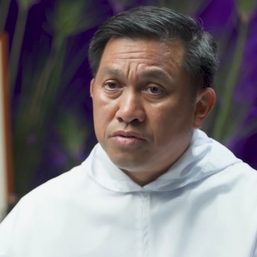
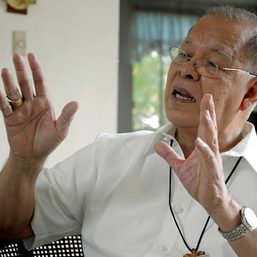
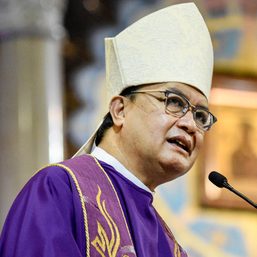
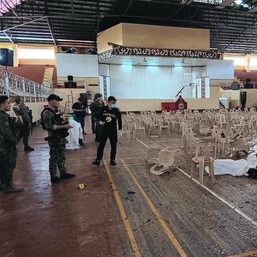
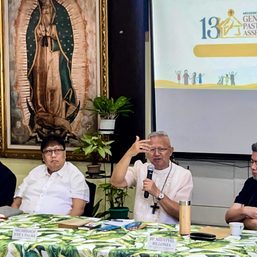
![[Newspoint] A little walk-back](https://www.rappler.com/tachyon/2024/05/tl-a-little-walk-back-05182024.jpg?resize=257%2C257&crop=215px%2C0px%2C720px%2C720px)



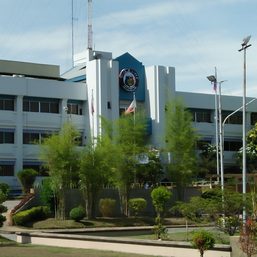



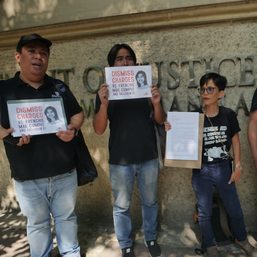
There are no comments yet. Add your comment to start the conversation.